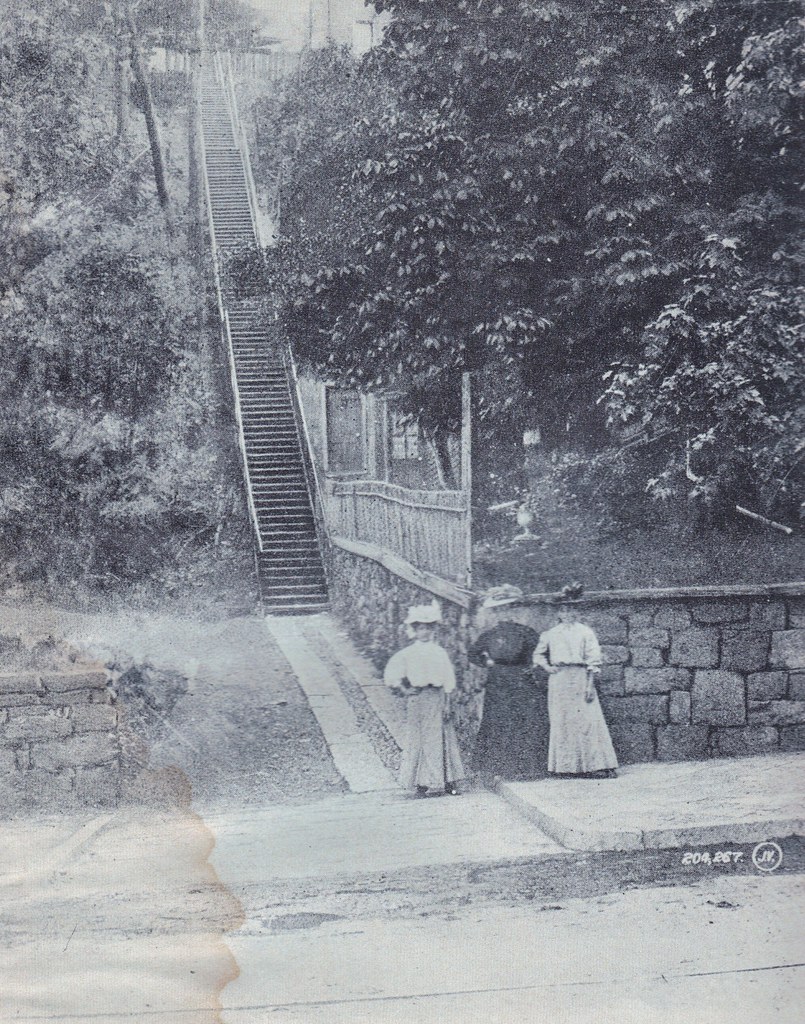 |
| The ambo at St. Jane |
Later, when the old church building was closed and TOF's father went back to his childhood parish, TOF joined the Incomparable Marge at St. Jane de Chantal out in the wilds of Palmer Township.
 |
| Note the steps to climb |
 |
| As tall as the steps to the ambo? |
However, nowadays TOF can walk unaided with little trouble and, having gone through the training program (held once a year), he was "installed" as a Lector and has now appeared on the Schedule in time to read just this morning, when he had the chance to regale folks with the story of Adam and his rib. Many people regard the story as a kind of failed biology lesson, as if the original compiler of the tale or the church that adopted the story gave a rat's patoot about biology!
What some people fail to appreciate is how danged funny the story is. A fit companion, is it? How about the cattle? Hmmm, no. Birds of the air? Don't think so. Hey, what about a wild animal? Ah, no. TOF is convinced that properly told, this story should have the children laughing and the young men and women grinning, for they must know that when their beloved "fit companion" is absent they feel something missing under their heart; and if it is not the physical absence of a material rib, they story gets the point across.
However, TOF is grievously disappointed that he did not read last week from the epistle of James:
Come now, you rich, weep and wail over your impending miseries.Some of you will remember that this "day of slaughter" passage was a favorite of "Brother Angelus" during the Armleder peasant revolt mentioned in Eifelheim. And it actually was a favorite passage of the revolutionaries of that time.
Your wealth has rotted away, your clothes have become moth-eaten,
your gold and silver have corroded,
and that corrosion will be a testimony against you;
it will devour your flesh like a fire.
You have stored up treasure for the last days.
Behold, the wages you withheld from the workers
who harvested your fields are crying aloud;
and the cries of the harvesters
have reached the ears of the Lord of hosts.
You have lived on earth in luxury and pleasure;
you have fattened your hearts for the day of slaughter.
You have condemned;
you have murdered the righteous one;
he offers you no resistance.
Just in case anyone thinks Pope Francis was the first to point out the sin of greed.


Excellent, TOF! As I listened to the reading during Mass, my thoughts, too, turned to Pope Francis. Clearly, the Almighty has a problem with unbridled capitalism, but I don't hear anyone calling Him a commie pinko.
ReplyDeleteFrancis didn't say unbridled capitalism, he said unbridled seeking after wealth. Greed isn't any less bad when conducted on a protectionist, mercantilist, or communist basis, and all of those are different from at least one definition of "capitalism".
DeleteI didn't say Pope Francis said "unbridled capitalism." On these shores his critics were pummeling him for perceived slights against capitalism and calling him "communist," "marxist," etc. So, I'm not really sure that nit needed picking.
DeleteNo, you just said God had a problem with unbridled capitalism. Which is like saying God has a problem with universal adult suffrage.
DeleteNo, God has a problem with people acting imprudently or immorally, which may mean voting when they don't know enough to do so responsibly, or may mean enriching themselves at the expense of their neighbors because their system's economic liberties make it possible. In neither case is the "system" involved what God hates, it's always the human abuse of the system that earns his ire.
I've always noted the somewhat comic potential -I describe Adam coming up with names like "aardvark" and "baboon". But it's like one of Jesus' encounters, in which he appears to be learning something, when he is rather leading the disciples (and the modern hearers) to learn something. In this case, that there is no substitute for one like the man himself, underscoring the gravity of that most fundamental of human relationships.
ReplyDeleteIf you can get hold of St. Isidore of Seville's De Ecclesiasticis Officiis, or the translation by Thomas L. Knoebel, there are some very good things about lectors in Book II, Chapter 11. I found his thoughts on psalmists and choirs very helpful to me in my choir and as someone singing the psalm for Mass, so I am biased.
ReplyDelete